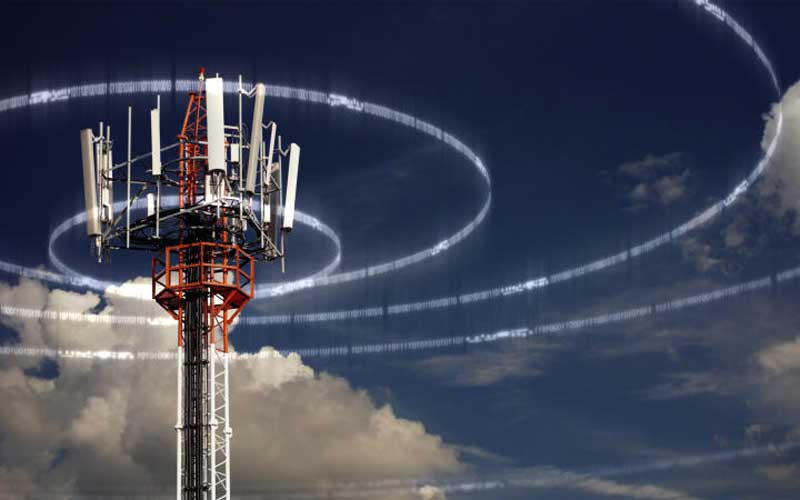×
The Standard e-Paper
Fearless, Trusted News

Covid-19 has shaken up life as we know it. Every tool available globally is being deployed to manage it, including the use of sophisticated digital technologies that have proven very useful.